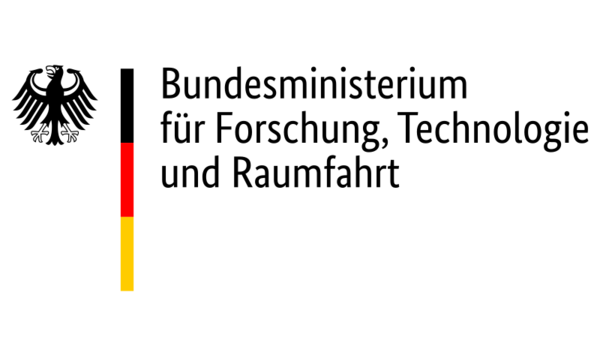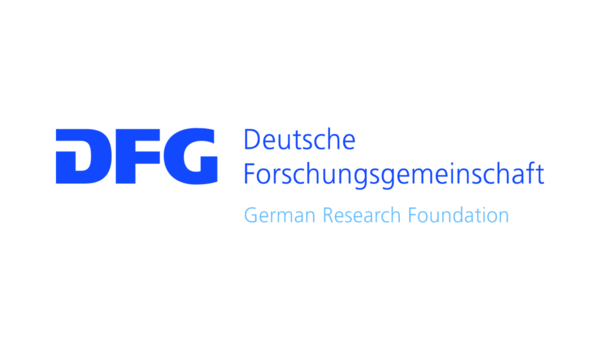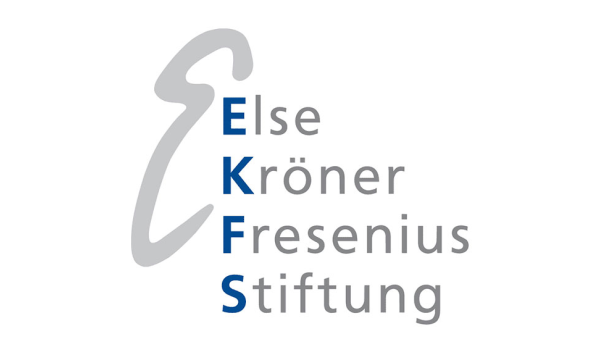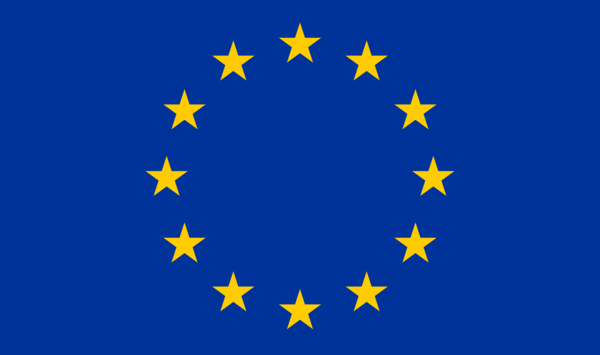Development of Innate Immunity

The main scientific interest is in the development of cellular innate immunity at interfaces. Of particular interest are cellular programs and signals from the microenvironment in the site-specific differentiation and adaptation of tissue macrophages throughout life, i.e., beginning in the uterus and extending from the bone marrow to critical sites in the body (e.g., skin, lungs, intestines).
We combine experimental infection models in mice and in vitro, high-resolution imaging, multicolor flow cytometry, single-cell transcriptomics, and metabolic analysis to explore new avenues for understanding and modulating the limits of cellular plasticity. Our research is particularly important for understanding the postnatal development of innate immunity and ultimately enables the development of intervention strategies to combat infectious diseases and promote early tissue repair.
Research focus
The main topics of the laboratory are:
- Macrophage differentiation in tissue immunity against mycobacteria. Multinucleated macrophages (MGCs) are the hallmark of mycobacterial granulomas. We investigate the cellular and metabolic basis of MGC formation in granulomas as potential diagnostic and therapeutic targets in mycobacterial infections. A particular focus is on lipid biosynthesis and macrophage precursor cells.
- Development and environmental adaptation of submucocutaneous and CNS macrophages at the beginning of life. Key questions: Do microanatomical niches influence the differentiation programs of macrophages? How do origin and self-renewal affect these processes? How does niche-dependent macrophage adaptation affect tissue defense against staphylococci and streptococci and tissue repair?
- Effects of early cytomegalovirus infections on the programming of macrophages/monocytes. Key questions: What influence do cytomegalovirus infections have on the development of macrophages in the intestine? How does early cytomegalovirus infection affect the immune response to bacterial infections later in life?
- The role of macrophages in intestinal homeostasis. Key questions: Which signaling events control the regulatory properties of macrophages in the lamina propria? Can synthetic macrophages be developed as cell therapy for intestinal inflammation?
- Monogenic defects in cellular innate immunity. Key questions: Which genes in myeloid and epithelial cells are essential for antimicrobial defense in children? How do aberrations in these genes lead to immunopathology?
Team
| Macrophage reprogramming by CMV | Mycobacterial Immunity |
| Sebastian Baasch (post doc) | Anne Lösslein (post-doc) |
| Agnibesh Dey (PhD student, EURIdoc) | Jana Neuber (Post doc) |
| Alina Nelipovich (PhD student) | Merve Göcer (PhD student) |
| Human Neonatal Microbiome and Immune Development | Tiago Martins (PhD student, SGBM) |
| Martin Kuntz (post doc, neonatologist) | Stephan Schwer (MD student) |
| Timmy Ngyuen (physician scientist) | Florens Lohrmann (post doc) |
| Junior Group Immunity in Barrier Tissues | Leonhard Wagner (MD student) |
| Julia Kolter (group leader) | Shiva Fallahianshafiei (PhD student) |
| Clarissa-Laura Döring (PhD student) | Intestinal Macrophages and Microbiota |
| Nisreen Ghanem (PhD student) | Julia Kolter |
| Lab | Zohreh Mansouri Moghadam (PhD student) |
| Anita Imm | Mirjam Freudenhammer (PhD student) |
| Reem Al-Sumati | Ramona Eckert (MD student) |
| Adriana Greco |
Selected recent publications
Kolter J, Döring CL, Sarout S, Baasch S, Steele L, Alsumati R, Lucena Silva GV, Aníbal Silva CE, Paiva IM, Mansoori Moghadam Z, Gres V, Lohrmann F, Aktories P, Buchegger T, Bijnen M, Doumard L, Voisin B, Le Foll C, Lachmann N, Greter M, Kierdorf K, Haniffa M, Cunha TM, Flacher V, Henneke P. 2025. Sensory neurons shape local macrophage identity via TGF-β signaling. Immunity. 5:S1074-7613(25)00367-X. doi: 10.1016/j.immuni.2025.08.004. Epub ahead of print.
Lösslein AK, Henneke P. 2025. Macrophage Differentiation and Metabolic Adaptation in Mycobacterial Infections. Annu Rev Immunol. 43:423-450. doi: 10.1146/annurev-immunol-082323-120757.
Mansoori Moghadam Z, Zhao B, Raynaud C, Strohmeier V, Neuber J, Lösslein AK, Qureshi S, Gres V, Ziegelbauer T, Baasch S, Schell C, Warnatz K, Inohara N, Nuñez G, Clavel T, Rosshart SP, Kolter J, Henneke P. 2025. Reactive oxygen species regulate early development of the intestinal macrophage-microbiome interface. Blood. 145:2025-2040. doi: 10.1182/blood.2024025240.
Forde AJ, Kolter J, Zwicky P, Baasch S, Lohrmann F, Eckert M, Gres V, Lagies S, Gorka O, Rambold AS, Buescher JM, Kammerer B, Lachmann N, Prinz M, Groß O, Pearce EJ, Becher B, Henneke P. 2023. Metabolic rewiring tunes dermal macrophages in staphylococcal skin infection. Sci Immunol. 8:eadg3517. doi: 10.1126/sciimmunol.adg3517.
Baasch S, Giansanti P, Kolter J, Riedl A, Forde AJ, Runge S, Zenke S, Elling R, Halenius A, Brabletz S, Hengel H, Kuster B, Brabletz T, Cicin-Sain L, Arens R, Vlachos A, Rohr JC, Stemmler MP, Kopf M, Ruzsics Z, Henneke P. 2021. Cytomegalovirus subverts macrophage identity. Cell. 184:3774-3793.e25. doi:10.1016/j.cell.2021.05.009
Lösslein AK, Lohrmann F, Scheuermann L, Gharun K, Neuber J, Kolter J, Forde AJ, Kleimeyer C, Poh YY, Mack M, Triantafyllopoulou A, Dunlap MD, Khader SA, Seidl M, Hölscher A, Hölscher C, Guan XL, Dorhoi A, Henneke P. 2021. Monocyte progenitors give rise to multinucleated giant cells. Nat Commun. 12:2027. doi: 10.1038/s41467-021-22103-5.
Kolter J, Feuerstein R, Zeis P, Hagemeyer N, Paterson N, d'Errico P, Baasch S, Amann L, Masuda T, Lösslein A, Gharun K, Meyer-Luehmann M, Waskow C, Franzke CW, Grün D, Lämmermann T, Prinz M, Henneke P. 2019. A Subset of Skin Macrophages Contributes to the Surveillance and Regeneration of Local Nerves. Immunity. 50:1482-1497.e7. doi: 10.1016/j.immuni.2019.05.009.
Cooperation, collaboration, and networks

Prof. Dr. med. Philipp Henneke
philipp.henneke@uniklinik-freiburg.de





